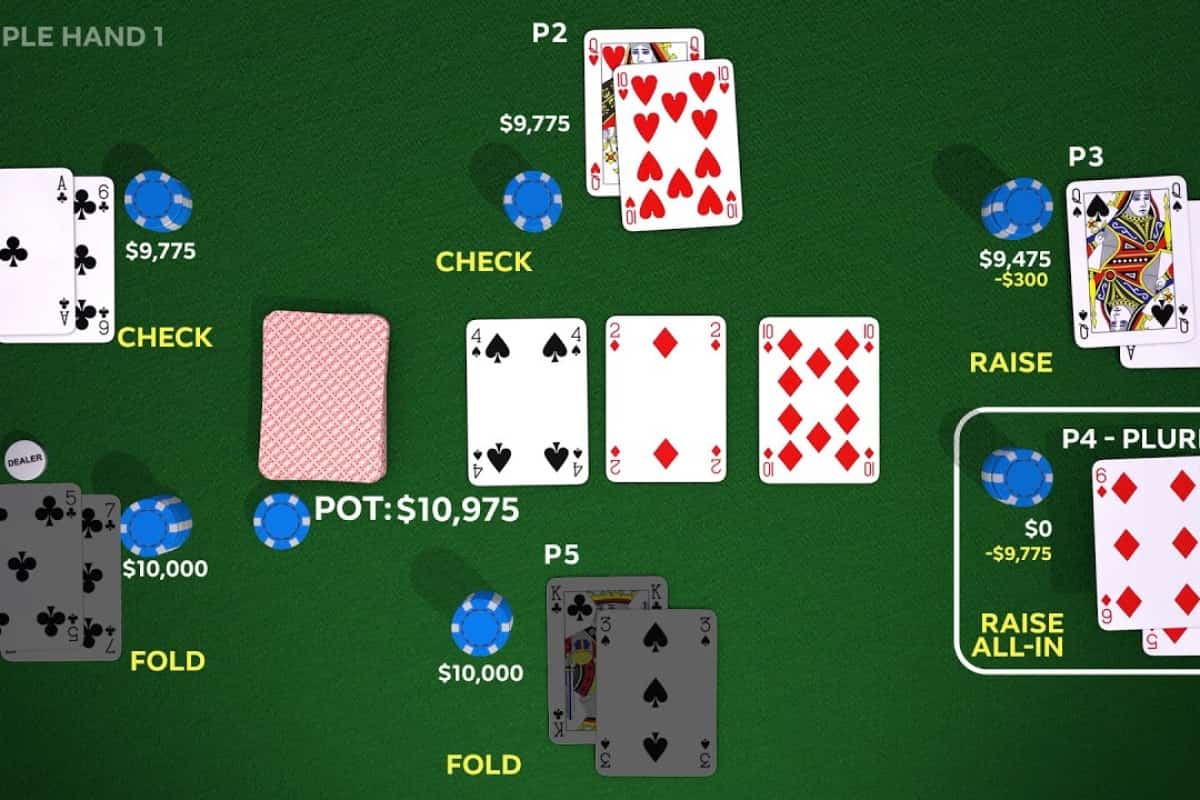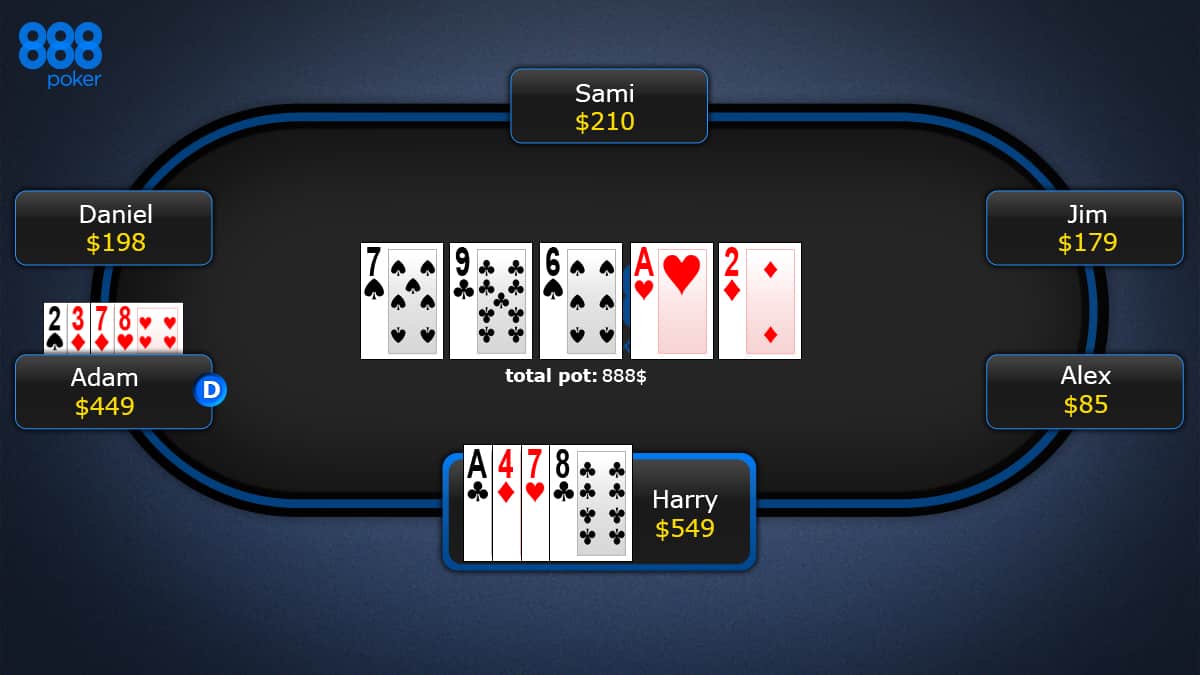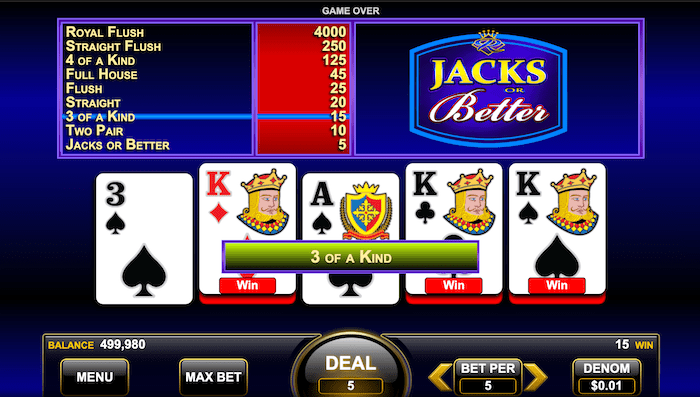Online Poker Real Money NZ
Since New Zealand’s Gambling Act of 2003 was launched, Kiwis have become happier as they can finally play casinos online. It was a big breakthrough for the country and its market at large. Since then, plenty of online casino sites have popped up with an abundance of games and promotions. However, NZ players have been waiting for a long time for this moment to dive into online poker as much as they want.
iCasinoreviews appreciate your eagerness to gamble, but we always recommend you treat it responsibly, as gambling is addictive. Playing best poker sites online should be for fun. And if you want to try it for real money, you should know how to play the game perfectly, master various betting options, and manage funds wisely. About these and more, you will find in this tutorial to update your knowledge and start applying it in one of the top online poker casinos from the list below.
Best Online Poker Casinos in New Zealand
Online Poker Game Features
Every game starts with basic rules. The poker game is played with at least 2 players, one deck of cards, and poker chips. There are two ways how you can play: Stud and Draw. The rules for each way are almost similar, with slight differences.
Stud Poker
You are given 5 or 7 cards. Then you should evaluate how strong your hand is and wager real money. A player who bets more money is going to win unless another player matches their wager. If the latter happens, the remaining players place their cards face up and compare hands. The hand with the higher ranking wins.
Draw Poker
The same number of cards is dealt. You need to wager on the hand you were drawn. When the first round of wagering ends, players are allowed to better their hands by turning in cards and drawing new ones. You can trade only three cards in a round, except for having an ace. With an ace, a player can trade all 4 cards.
Wagering options
When it comes to wagering on casino poker online, you have a choice of 4 wagering options. Here they are.
- Raise: If you think you have the top hand, you can “raise” or increase your wager;
- Fold: If you are not confident in your hand, you can fold. This will take you out of the round and lose chips.
- Call: You continue wagering the same amount as the current highest bet;
- Check: If no one has raised the bet, you can stand by, passing your turn to wager.
Best Online Poker Variations
 From the variety of online poker versions, our team singled out the most popular and preferred by most gamblers. So you can read up on the descriptions and choose the one that suits you most. Check them out.
From the variety of online poker versions, our team singled out the most popular and preferred by most gamblers. So you can read up on the descriptions and choose the one that suits you most. Check them out.
Texas Hold Em

It is the most popular version as you can see it on a TV, sometimes. It features “blinds” (big and small) which are basically the bet requirements. Each player gets two cards once the bets are placed, and the dealer pulls out one face-up card, taking the bets afterward. Once bets are placed again, the dealer pulls out three cards on the table, takes bets, and shows the fourth (turn) card and the fifth one (river) ultimately. You are allowed to combine each of your two cards with the ones that are on the table in order to form a winning hand. It is considered to be one of the best poker versions of all time, and almost all Kiwis play it.
Omaha

Though not played in the same amount as the previous one, the Omaha gameplay is pretty much the same as in the previous version, with the difference that the dealer gives you four cards. Then you use ANY OF THE TWO cards you have and combine these with three cards that the dealer places on the table. Omaha, popularly called PLOP (pot limit poker), is known for a lot of bluffing, as you have four cards in your hand.
Video Poker

Each player gets five cards and then is required to place bets. Once placed, they have an opportunity to exchange any number of cards in their possession, and once exchanged, the best are placed one more time. In the end, everyone shows their cards. The strongest hands take all. This type of online poker site was trendy in the past, but it is still played mostly in casinos.
Live Dealers Poker

This is for all genuine players who like the authenticity and genuine gambling experience that is available in land-based casinos. It features the live agent/operator that runs the zealand online poker sites, with whom you can communicate. It is usually available in 3 Card, Hold’em, and Caribbean Stud versions, though it is not odd to see many more versions.
Which one is the best for you? You need to determine as each type offers something different and unique. Generally, Hold’em is widely available and perhaps the most popular, but the remaining three are also played in the majority of virtual casinos.
Online Poker Bonus Offers
Poker is a favourite game for many Kiwis. Its real money mode uncovers many privileges to try and prizes to unlock. In this section, we talk about bonuses you are eligible to claim when playing online poker.
- No deposit bonus
It is rare to find but still beneficial to use. If your online poker rooms offers this bonus, you are the luckier player. You will be granted extra cash you receive for free. So you will have some bankroll for a start. You don’t have to deposit, but you must register to get the bonus money.
- Welcome bonus
The most known bonus in the gambling world. New NZ players shouldn’t miss it. It will credit your minimum deposit with a match bonus of 100% at least and add free spins to try in online pokies. This is the best online poker bonus.
- Reload bonus
When playing actively online poker sites, a casino can provide various profitable poker tournaments. As a rule, such tournaments come with prizes and a reload bonus, a match bonus to your deposit. The more you fund your account, the bigger the bonus .
How to Start Playing Online Poker for Real Money
If you want to play online poker for real money, make sure you find a reliable casino where you will be safe. The first thing that New Zealand poker players should do is to see the available banking methods they can use to deposit, but also to withdraw money. Besides standard banking methods, the most popular ones are Paypal, Skrill, EcoPayz, and Money Brokers, so make sure you have one of these web wallets and they are available in New Zealand. After your search is done, follow the next steps to start playing poker online casino:
- Visit a casino online poker rooms website.
- Sign up to the international poker platform and create an account.
- Verify your account.
- Go to the Banking page of your profile.
- Enter the bonus code (if available).
- Click “Deposit.”
- Enter the amount you want to fund your account.
- Provide payment details.
- Confirm the transaction.
- Navigate to the poker room.
- Choose the game, place a bet, and good luck.
Your casino balance will be credited immediately. Make sure to learn what is the minimum deposit to claim a bonus and start your gaming path at large. If your bankroll is very low, you can try minimum $1 deposit casinos from our list.
Short FAQ Section
- 🔒 Is it secure and legal to play real money internet poker sites in New Zealand?
Yes, and the Gambling Act from 2003 is proof of it. According to this document, playing online cash poker is safe and legal. While there is no local internet casino that would serve only Kiwis, they can register at any international web casino that provides legal online gambling.
- 🔎 How to find a reliable real money poker casino?
After verifying you can trust the casino, you should estimate its poker lobby. The best online poker casinos NZ usually offer many poker versions. Also, pay attention to all the bonuses on offer. Explore the terms and conditions to understand how you can meet them.
- ❓ Can I play New Zealand online poker for free?
Yes, you can play poker game for free in New Zealand, without depositing any cash. It is the best way to get familiar with the game, rules, and strategies before investing real cash. Whether you want to play Texas Hold Em, a video poker, or any other type of it, the majority of New Zealand-friendly casinos will allow you to play online poker free. Still, the best thrill comes from playing with real money!
Author










